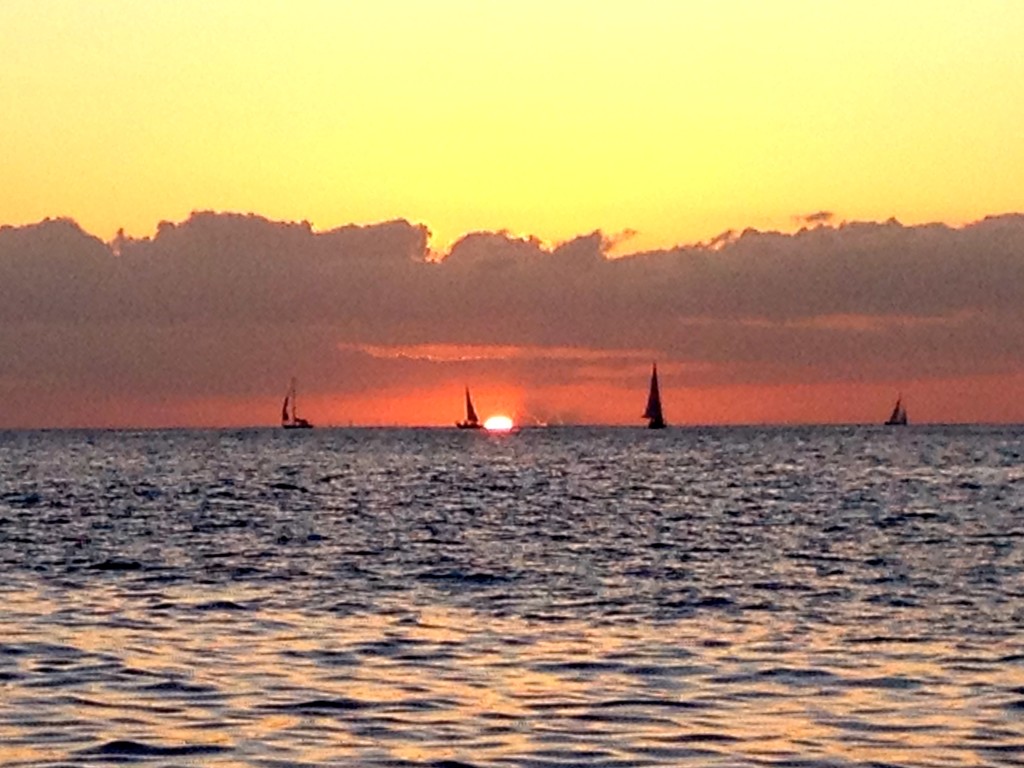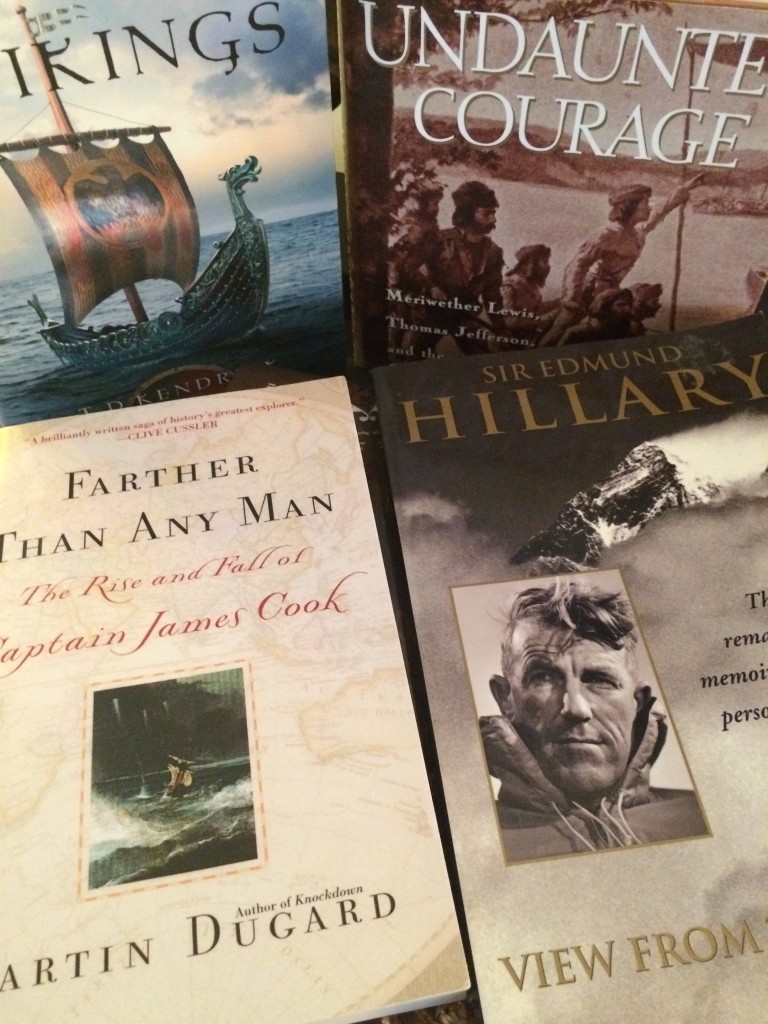 “We shall not cease from exploration, and the end of all our exploring will be to arrive where we started and know the place for the first time.” – T.S. Eliot
“We shall not cease from exploration, and the end of all our exploring will be to arrive where we started and know the place for the first time.” – T.S. Eliot
Today is Columbus Day, a day when we celebrate the Italian explorer Christopher Columbus, commissioned by King Ferdinand of Spain, to sail the ocean blue in 1492 on his boats the Santa Maria, Pinta and Nina in search of the “New World.”
Given the growing controversy about the validity and integrity of celebrating a man who was not the first to step on the shores of America – and the ensuing insensitivity toward the indigenous Native American population – we might instead consider renaming the holiday “Explorers’ Day”, inspired by Hawaii’s “Discoverers’ Day”, in which we celebrate all explorers worldwide.
Indeed, there are a great many explorers to celebrate. From Ponce de Leon to the Norseman Leif Eriksson; Meriwether Lewis & William Clark and Sacagawea; the Antarctica explorer Ernest Shackleton; Sir Edmund Hillary, the first to reach the peak of Mt. Everest; first man on the moon Neil Armstrong; Jacques Cousteau, who explored the deep blue oceans; Henry Hudson of the beautiful Hudson River; and Marco Polo to the present day larger-than-life explorer Elon Musk.
 As seekers and explorers of All Things Good, we hope you’ll join us in celebrating the world of exploration by “discovering” something new today, whether it be a new book, new museum, new restaurant or coffee shop.
As seekers and explorers of All Things Good, we hope you’ll join us in celebrating the world of exploration by “discovering” something new today, whether it be a new book, new museum, new restaurant or coffee shop.
Our discovery? Gertrude Bell (1868-1926), an explorer and writer from England who is known for “helping to establish modern Iraq after WW1” and who, together with the famed British traveler, T.E. Lawrence (i.e. Lawrence of Arabia) “tried to forge alliances with Arab tribes.”
Interestingly, she has remained highly relevant, as “[h]er writings about her experiences in the Middle East – particularly in Iraq – continue to be studied and referenced by policy experts in the 21st century.”
Also of interest:
“Despite her own political achievements, Bell actively opposed women’s suffrage in Britain. She argued that the vast majority of her contemporaries lacked the education and knowledge of the world necessary to participate meaningfully in political debate.”
See also our list of recommendations for nonfiction adventure and exploration books.